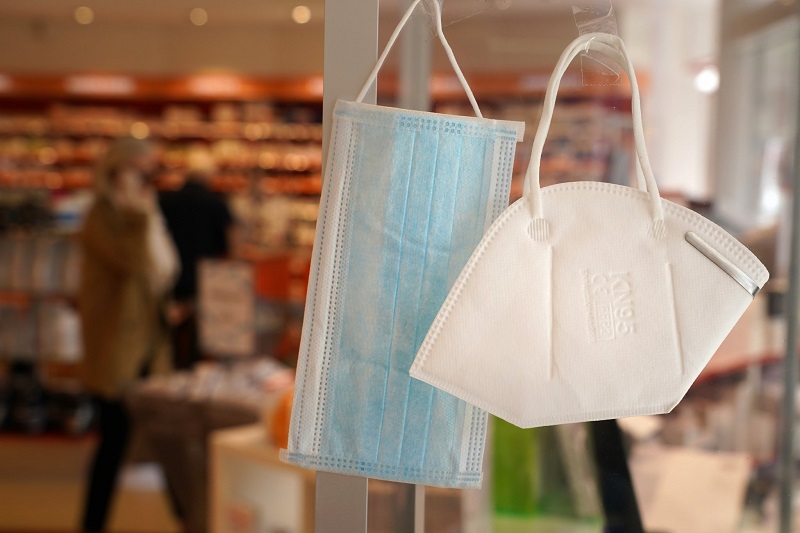Johns Hopkins to receive $23.5M as part of new nationwide disease response network

Despite rising hospitalizations and case numbers of COVID-19, the federal global health crisis is officially over. That said, the Centers for Disease Control and Prevention are looking to create a research and development network to better counteract future outbreaks and emerging disease.
According to a CDC announcement Friday, the federal health agency awarded $262.5 million to 13 recipients in the public, private and academic sector, including the Maryland-based Johns Hopkins University, as part of the new Outbreak Analytics and Disease Modeling Network (OADMN).
The $262.5 million will be distributed over a five-year period to support “state and local decision-makers in developing and implementing new tools to detect, respond to, and mitigate public health emergencies more effectively,” according to a news release.
The network’s goal is “to improve speed, accuracy, and use of data and analytics during health emergencies,” such as the COVID-19 pandemic or any future challenges.
“Combined, the grantees will work as a network to perform a landscape analysis — identifying gaps, needs and opportunities for outbreak analytics and disease modeling in the United States public health system; pilot and implement analytic technologies and applications for public health; and prepare for and respond to infectious disease threats,” according to the CDC.
The grantees fall under three categories to create the outbreak response network.
Four universities across the country and research divisions connected to Kaiser Permanente are categorized under “innovators,” meaning that they are tasked with researching and developing new analytical methods and tools to help model and forecast emerging diseases. The innovators are Carnegie Mellon University, Emory University, Northeastern University, University of North Carolina at Chapel Hill, and Kaiser Permanente Southern California Department of Research and Evaluation.
The “integrators” consist of five universities that will evaluate the programs that were developed by the innovators and pilot-test them in small-scale deployments. Those are Clemson University, University of Michigan, University of Minnesota, University of Utah, and University of California, San Diego.
The implementors will scale up the pilot-tested projects that have been tested for use among larger jurisdictions and partners. Johns Hopkins University is in the implementors category and will receive $23.5 million over the course of five years, according to a news release from the Baltimore-based university. The University of Texas at Austin and the private International Responder Systems located in Washington, D.C., are also implementors, according to the CDC.
“This initiative is a crucial step in fortifying our nation’s defenses against future epidemics,” Caitlin Rivers, a Johns Hopkins Center for Health Security senior scholar, said in a written statement. Rivers will be leading the project that will be supported by the $23.5 million in funds from the CDC.
While COVID-19 no longer has the official “global health crisis” status, there are still concerns that there is currently a seasonal rise in cases and hospitalizations, and a new vaccine has been approved to help tackle the most recent variant of the disease.
The network may help identify and guide emergency responses to any changes in the COVID pandemic or any other threatening diseases that arise in the future.




 Creative Commons Attribution
Creative Commons Attribution